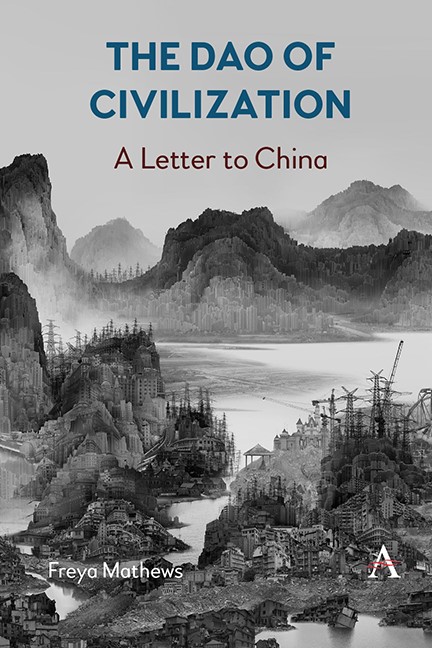Lecture 4 - Do we need to reinvent praxis to create an ecological civilization?
Published online by Cambridge University Press: 15 November 2023
Summary
How Can We ‘Walk the Land’ in the Twenty-First Century? Pre-agrarian versus Post-agrarian Forms of Praxis
We have thus far considered the argument that in order to open ourselves up to the kind of holistic consciousness that divulges Law, we have not merely to devise new theories, such as animism or panpsychism, but adopt a different epistemic orientation – a strategic as opposed to a theoretic one. The strategic orientation arises out of specific forms of embodied, communicative and inter-conative practice, forms of practice indicated in Lecture 3 under the trope of ‘walking the land’.
Walking the land, as understood in the Kimberley context, is not of course merely a recreational or sporting exercise, like modern-day hiking, orienteering or mountaineering, nor is it of purely therapeutic significance, as perhaps are the various martial and temple arts of Daoism. Land-based recreations and Daoist arts may indeed call, at their best, for a wuwei approach to one’s environment, but walking the land, in the Kimberley sense, is closer to a form of praxis. I am using ‘praxis’ here in a basically Marxist sense to mean our core economic practices – the practices whereby particular societies, or groups within society, obtain their livelihood from their environment. (For Marx the concept of praxis was closely tied to that of production, where productive activity was understood by him as the kind of activity whereby we intentionally transform our environment to serve our own material purposes. Here however I shall define it in terms of provisioning: praxis consists in the forms of activity whereby we intentionally act on or with our environment to provide for ourselves.) In speaking of ‘walking the land’, I take Senior Lawmen such as Mowaljarlai and Roe to mean, in other words, that one is walking it with a view, at least in part, to one’s material sustenance, tending it that so it may in turn sustain oneself and one’s people.
The pre-agrarian praxis of First Nations peoples such as Aboriginal Australians has often in the past been described as foraging or hunter-gathering, but this fails to convey the great variety of pre-agrarian societies around the world (Graeber and Windrow 2021). Traditional Australians were proactive in taking care of their country.
- Type
- Chapter
- Information
- The Dao of CivilizationA Letter to China, pp. 61 - 86Publisher: Anthem PressPrint publication year: 2023

